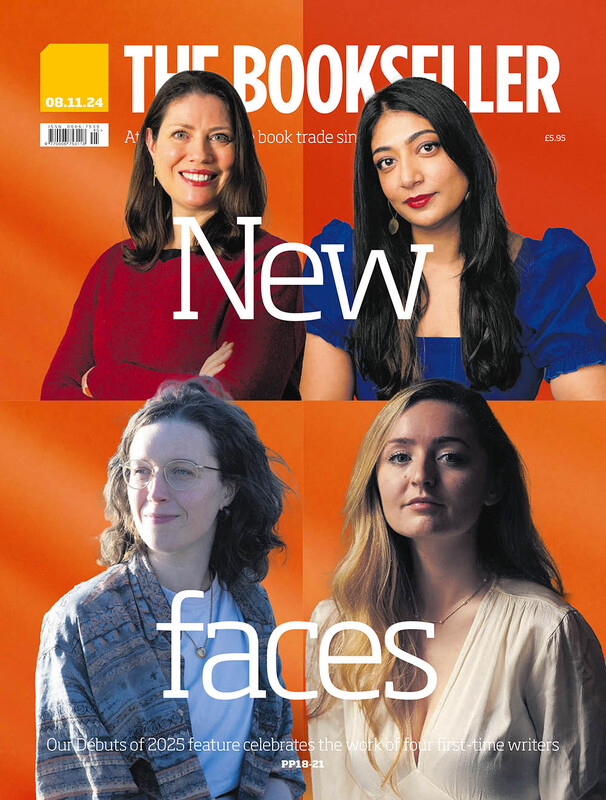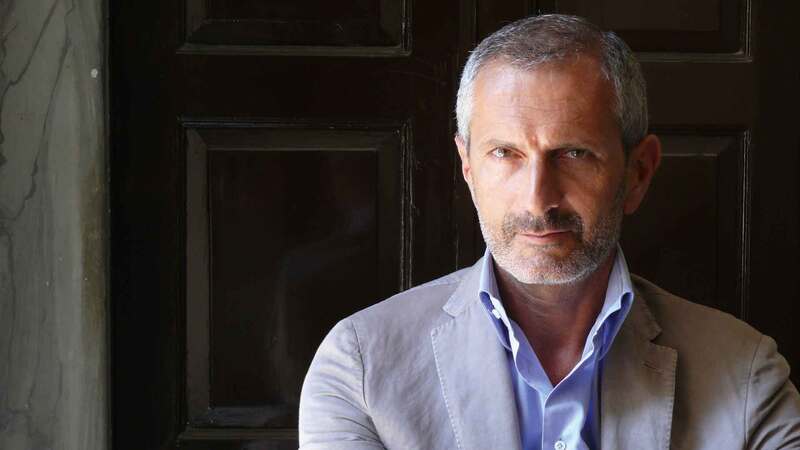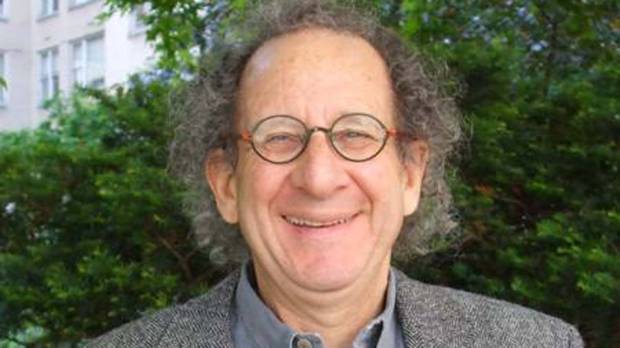You are viewing your 1 free article this month. Login to read more articles.
Flight of the Condor: Anna Holmwood on translating 'China's Tolkien'
Anna Holmwood has been instrumental in bringing Jin Yong’s work to the wide English-speaking audience. She talks about the wuxia master’s influence, the art of translation and how Mandarin is a 'language of emotion'.
Can you tell us how you came across Jin Yong’s work and how you helped it to get an English-language publication?
Jin Yong’s fame in China is such that, as a foreigner learning Chinese, you hear of him long before you can have the language skills to read his work. He became part of my consciousness very early on, as Chinese friends would talk about how much they loved his work. When I was studying classical Chinese in Taipei, a friend took me to the big bookshop downtown to show me the Jin Yong section. I bought my first set [of his books] on their recommendation. I only considered translating Jin Yong in 2012, after a discussion with [The Ampersand Agency founder] Peter Buckman. I then re-read his work with a professional eye instead of with that of a curious general reader.
What do you think its appeal will be to the modern English reader?
There’s a lot in Jin Yong’s work that gives it potential in English. The essential moral universe of the characters, the importance of right and wrong, justice and pride, the flawed nature of all heroes—none of this is culturally specific. Readers, especially of epic fantasies or historical novels, love to enter a richly conveyed "fictional world" with plenty of specificities and are not put off by new vocabulary, concepts or names. Jin Yong’s writing is very "Chinese", but a lot of the elements are also very particular to his way of building an imaginative cosmos in which his characters operate. I also think English readers will find it exciting to read a Chinese take on the Mongols.
Why have the books not been translated into English by a trade publisher before? And was it daunting translating something so beloved?
That’s the million-dollar question. A lot of it has to do with timing. Jin Yong rose to prominence in the Chinese-speaking world well before the dawn of the internet, and the Chinese diaspora consumed his novels and their many TV adaptations via imported VHS tapes and paperbacks from Hong Kong. Had this all taken place in the digital age, I don’t think there would have been such a lag before Jin Yong’s novels would have been translated. Because they weren’t, I think it became a kind of self-fulfilling prophecy: if they haven’t been translated yet, it can’t be done. It probably took someone as young and foolish as me to give it a try.
It is a daunting task when you realise quite how loved Jin Yong’s writing is—Chinese people were almost aghast that I would try [translating it]. But I believe in the potential of this series to find a wide readership.
What is the state of translation from Chinese to English at the moment? Is there infrastructure—grants, for instance—in place to support new translators?
Things are changing rapidly on this front. There are so many translators emerging, people committed to bringing Chinese literature to the rest of the world. However, I think there is a dearth of support—especially in terms of grants, but also in dedicated editorial work. I do a lot of this nowadays, and while I don’t think it’s necessary for someone who understands Chinese to edit a translation from Chinese, I do think that the cultural differences make it a little more complex for editors who aren’t sure if they are erasing things by editing out aspects that they wouldn’t expect to see in a book written in English.
How did you get into translating, and what drew you to China?
I grew up loving literature and languages. I have been bilingual in English and Swedish ever since I can remember; I don’t know what it would be like not to be constantly moving between languages. Learning Chinese felt like the ultimate challenge—I was hungry for something so different to the culture and literature I grew
up with. The appeal of Chinese is that not only does it lay claim to a rich tradition, but it has profoundly influenced all of East and South-East Asia too. The written language can be compared to Latin: it’s rooted in an empire, but it was (and still is) used across different linguistic communities. A whole world opened up to me by learning Chinese.
I have always loved to read and especially to write, so after finishing my studies I thought, why not combine these two loves? Literary translation is an odd thing to do for a living. But I have always combined it with working within the industry as a literary agent and editor. I want to be part of the whole conversation, from the larger process of selling rights, to the nitty-gritty detail involved in translating.
You also translate from Swedish to English as well. How does that process differ from working with Chinese source texts?
Swedish is something I got "for free" from my cousins and family in Sweden. It was always assumed that I would speak Swedish when visiting them. I don’t have a formal education in Swedish; instead I picked it up from relatives on the beach and in the forest, listening to radio and late night stories over schnapps. I work very instinctively with Swedish.
Having married into a Chinese-speaking family, and opted to raise my son trilingual, Mandarin has become a language of emotion too. I can "feel" my way in Mandarin to a far greater extent now than when I first started translating. This emotional, instinctual aspect has helped me no end. I would say it’s far more important for a literary translator to have had relationships (friendships, as much as anything else) in a language than to be certified as a translator. Feeling why someone uses a certain word, rather than reading why they do so, makes for better translations.
You've been with London-based Diamond Kahn & Woods [DKW] Literary Agency for a few months now—how has it been?
I handle foreign rights for DKW, and it’s been brilliant. I used to represent Chinese authors abroad (and sell into the Chinese market) but now I am focusing on the agency’s English-language authors. Selling rights is always a huge challenge: it takes patience, tenacity, instinct and luck. It’s a real privilege to work with writers, to know you are helping them find more readers around the world.













